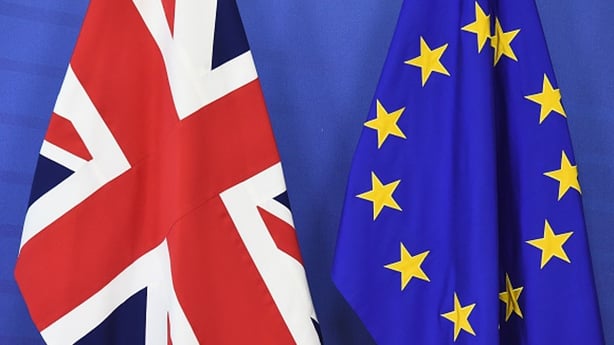Britain's economy slowed in April and may stall as consumers worry about June's EU referendum, reaching levels at which in the past the Bank of England began to consider rate cuts.
This is according to a new survey of the country's dominant services industry.
If last month's weakness persists, economic growth may be just 0.1% in the second quarter, down from 0.4% in the first three months of this year, financial data company Markit said today.
That would be the weakest quarterly reading since late 2012.
Markit said the deterioration in April pushed the surveys into territory which "has in the past seen the Bank of England start to worry about the need to revive growth" by easing monetary policy.
The UK services sector grew at its lowest rate in more than three years, according to Markit's activity index, which fell to 52.3 from 53.7 in March, below the lowest forecasts in a Reuters poll of economists.
Companies said uncertainty about the referendum and weakness in the global economy were worrying the main drivers of Britain's recovery - its consumers.
The UK economy has outpaced much of the rest of the rich world over the past three years. But it has been showing signs of slowing since late last year.

Economists generally believe a Brexit vote on June 23 would deal at least a short-term blow to the economy, possibly prompting the Bank of England to cut already record-low interest rates or expand its bond-buying programme.
But it would also probably weaken the pound, adding to inflation and making it more difficult for the bank to act.
Today's survey showed growth in input costs paid by service companies were the highest in over two years in April, suggesting that a gradual rise in inflation will continue.
Markit said the early timing of this year's Easter holiday might also have contributed to the slowdown.
Job growth was also at its slowest in April since August 2013, reflecting a recent weakening in the labour market as a whole.
Britain's economy increasingly relies on services, with manufacturing and construction failing to contribute to growth for much of the past year. Surveys of those sectors published this week suggested that trend was likely to continue.
UK manufacturing output unexpectedly shrank in April while construction output grew at its slowest rate in nearly three years.
Meanwhile, Japanese Prime Minister Shinzo Abe has warned that Britain would be "less attractive" for Japanese investment if it left the European Union in a membership referendum in June.

A so-called Brexit would make the country "less attractive as a destination for Japanese investment," Abe said after talks with British counterpart David Cameron.
"It is better for the world that Britain remains in a strong EU," he added.

